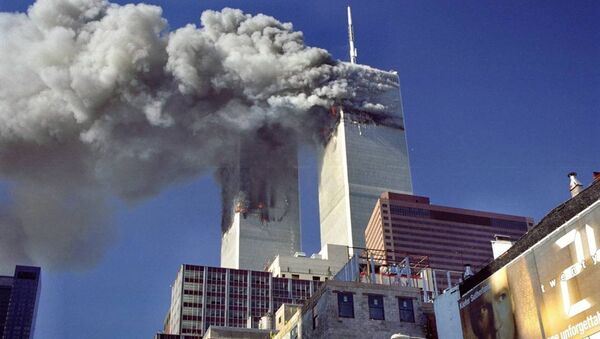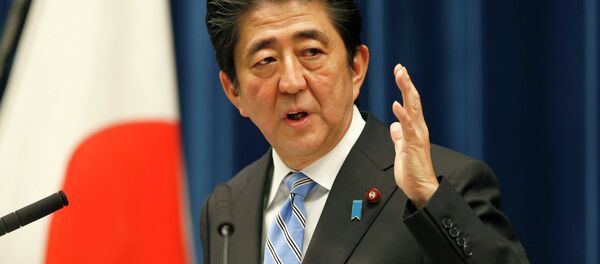"When you think about it, 15 years is really a short period of time to change a culture when the players are changing frequently, because they are in elected office or in appointed positions," Schwartz said.
On September 11, 2001, Schwartz was the on-site commander of rescue units at the Defense Department, arriving 10 minutes after a hijacked commercial jet crashed into the department’s headquarters.
"The federal, state and local governments were all created to do different things, and while they had a relationship prior to 9/11, it was not the kind of relationship that the problem of homeland security requires, which is greater integration, more collaboration and common understanding, but there have been changes," Schwartz stated.
He also noted that first responders are more wired into the intelligence community now and actually have access to intelligence that was not available prior to September 11.
"Many of us in the public-safety business now have security clearances and we are actually notified with some frequency by the FBI’s Washington field office to come over and get information about circumstances that are evolving today," Schwartz pointed out.
"That’s why I said that the last 15 years have been fast because we were running, to some degree, a traditional fire department, one that our community depended on, and on the other hand, building one that understood the world had changed," Schwartz remarked.
In the years following the attacks, the response capabilities of Schwartz’s suburban department were tested by anthrax attacks, sniper shootings and the impact of Hurricane Isabel on the Washington, DC area. In 2005, the department even sent a team to New Orleans to help local officials establish an emergency operations center in the wake of Hurricane Katrina.
Despite all of the gained experience, "we still have not cornered the market on right decisions," Schwartz acknowledged.
Today, Schwartz is the Arlington County government’s deputy manager. He also serves on the advisory panel for the United States’ Joint Counter Terrorism Assessment Team as well as a Federal Emergency Management Agency unit that travels around the country.
Team members brief local officials on emergency medical techniques based on protocols developed by the US military in Afghanistan and Iraq.




